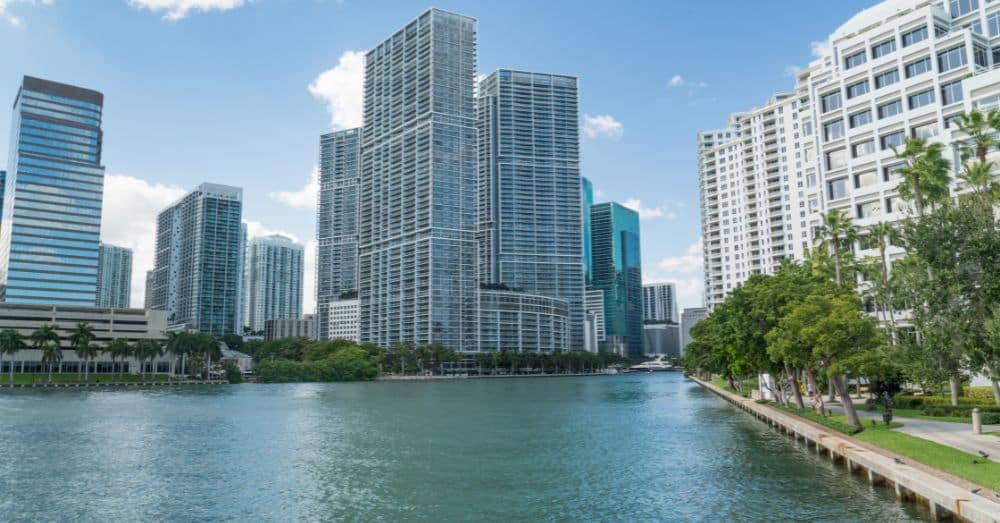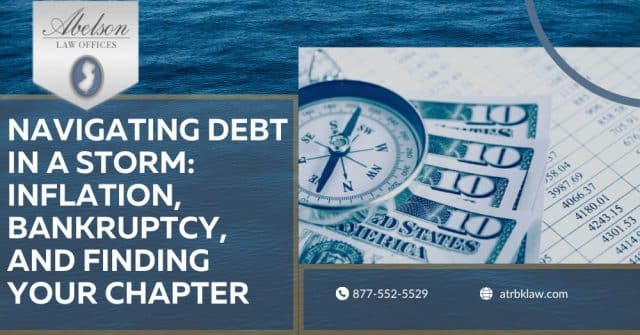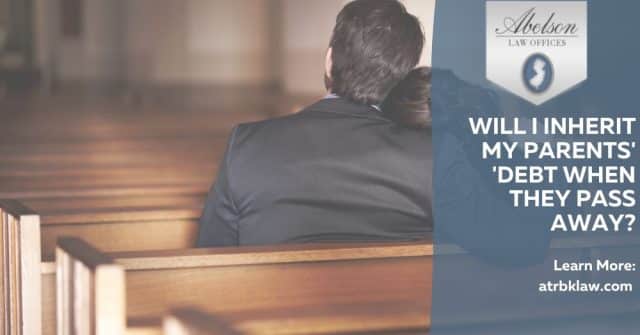Misconceptions abound respecting the treatment of Condominium and Association fees in Bankruptcy filings. Certain changes in the law starting in 2005 gave such associations greater protection from the ability of debtors to totally eliminate these fees in bankruptcy. Commencing October 2005, post petition fees ( those arising after the actual bankruptcy filing) are no longer dischargeable in Chapter 7 bankruptcy – even if the property is being surrendered and is vacant. Until such time as there is a legal change of title (i.e. Sheriff’s sale), the owner of the property remains liable for all association fees and charges. (11 USC 523 (a)(16)). Associations will sue property owners after Bankruptcy for these post petition charges.
The distinction to keep in mind is pre vs. post petition. Those fees incurred prior to bankruptcy remain dischargeable in bankruptcy and personal liability is thus eliminated. The association fees remain a lien on the property and would have to be satisfied in some manner if retention of the unit is desired. But if the property is being ultimately turned back to the mortgage holder or simply vacated, the only liability is for the fees and assessments arising after filing until transfer of title.
The other important distinction to note is the chapter of bankruptcy. The change to the Bankruptcy Code only applies to Chapter 7 and both pre and post petition association fees are dischargeable in Chapter 13 bankruptcy. 11 USC. 1328 (a). Again, if the retention of the property is desired, the fees assessed prior to and after filing will have to be satisfied as they are liens on the property. However, if the property is being surrendered and turned back or vacated, a debtor can escape all liability in Chapter 13 bankruptcy. Many associations or their representatives remain to this day unaware of this important protection for bankruptcy debtors in Chapter 13 filings. One potential caveat though- some state Courts have held that the post petition use of the property creates a new implied post bankruptcy contractual obligation so we do suggest making current payments post petition while the unit is occupied-even in Chapter 13.
Another issue involving condominium and association fees being litigated more regularly in the Bankruptcy Courts are issues and disputes respecting additional and miscellaneous charged simply added to property owners accounts beyond the monthly association charges, often for hundreds or thousands of dollars. While some of these charges such as late fees or additional assessments may be legitimate, all too often we are observing massive charges for attorneys fees or wholly unexplained charges that seem to materialize out of thin air. We are challenging some of these claims in the Bankruptcy Courts and have been successful in having the Court compel Associations to justify and document their charges and impose a standard of reasonableness upon them, thereby eliminating excessive or egregious overcharges. If the property is ultimately being surrendered, this is not so much an issue, but if the bankruptcy filing anticipates keeping the condominium or association unit, and perhaps satisfy the pre-petition delinquency in the process, then this can be an extremely vital tool for the bankruptcy debtor.




